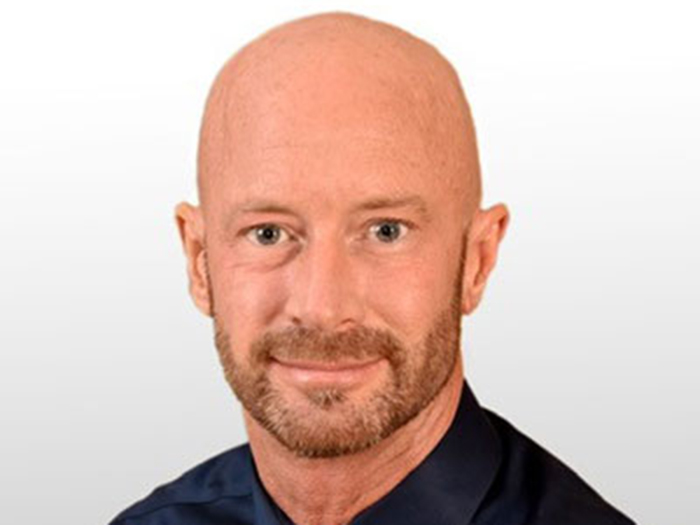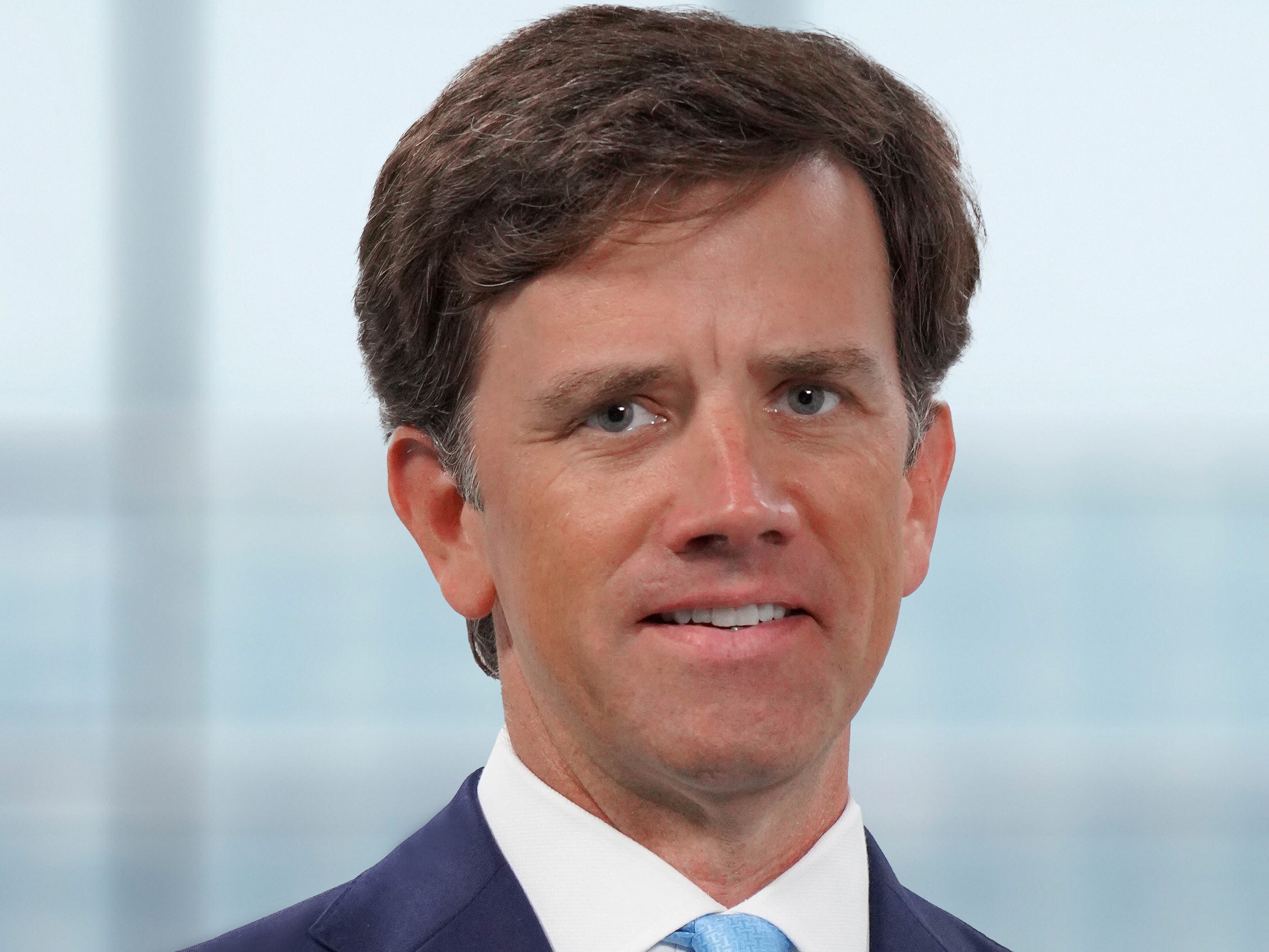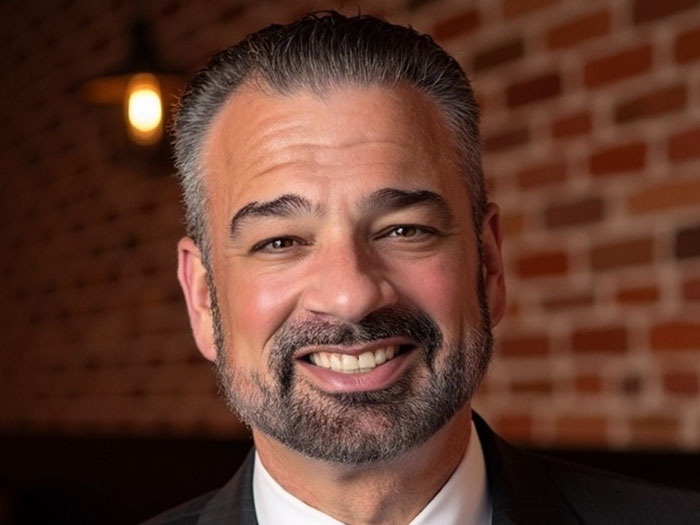Column: Roger's Soapbox
Yes, Colonel Sanders was Once an Insurance Salesman
Hank Greenberg joined the Continental Casualty Company in 1952, three days after returning from fighting in Korea. He has continued to work in the industry for the subsequent 65 years.
Brian Duperreault, who now holds Greenberg’s old job as CEO of AIG, went into insurance in 1973 after deciding against becoming a professor of mathematics. He has only ever worked in the insurance industry.
It might take a lifetime’s experience of insurance to run AIG, but not everyone labors in the fields of insurance for life. It’s a profession, like journalism, that can be learned before starting a career in something different. Equally, others work in non-related disciplines before making the move into insurance.
All of which means that a surprisingly disparate group of people have worked in insurance during their careers.
For example: you might think that representing Nelson Mandela in the Rivonia trial – which cost him his freedom for 27 years – would be the highlight of a man’s career. But Joel Joffe’s more lasting achievement was to establish an insurance company.
He founded Hambro Life Assurance, which became Allied Dunbar and was finally bought by Zurich. Allied Dunbar was a big deal in the UK, and not just because it counted me among its insureds. Joffe became Lord Joffe of Liddington, a name of which P.G. Wodehouse would have been proud.
Tom Clancy worked as an insurance broker before writing his first novel, “The Hunt for Red October,” in 1984. Anne Rice, who wrote “Interview with the Vampire,” processed insurance claims early in her career. Franz Kafka worked for most of his life in insurance claims.
A man called Sanders must qualify as the best-known insurance man in history, although he too made his name in another discipline.
Brian O’Hara, who built XL Capital (now XL Catlin) from the ground up, was a Deadhead, a follower of the Grateful Dead. Mock not: the pooled experience served O’Hara more than well enough.
Charles Ives was an innovative American composer who earned international fame. He was among the first to combine American music, European art music and church music.
His techniques foreshadowed many musical innovations of the 20th century. Ives spent almost his entire career in insurance, coming up with creative ways to structure life-insurance packages for the wealthy.
At the other end of the musical scale, John Peel became a household name in Britain for championing alternative music for almost 40 years, starting in 1967. He earlier sold crop insurance in Texas.
A man called Sanders must qualify as the best-known insurance man in history, although he too made his name in another discipline.
As a youth, Sanders sold insurance for Prudential Life Insurance in Jeffersonville, Indiana. Success led quickly to an executive position. Sanders was then fired for insubordination, which makes you like him all the more. He was, presumably, more subordinate in his next insurance company, in Louisville, Kentucky.
In the 1930s, Sanders invented what was called “home meal replacement,” selling complete meals to busy, time-strapped families.
Using what he’d learned in insurance, Harland Sanders earned rather more than chicken-feed. He died in 1980, but lives on as a logo: the genial, white-haired Colonel who appears on buckets of Kentucky Fried Chicken.
What other insurance executive will ever claim that degree of fame? &








